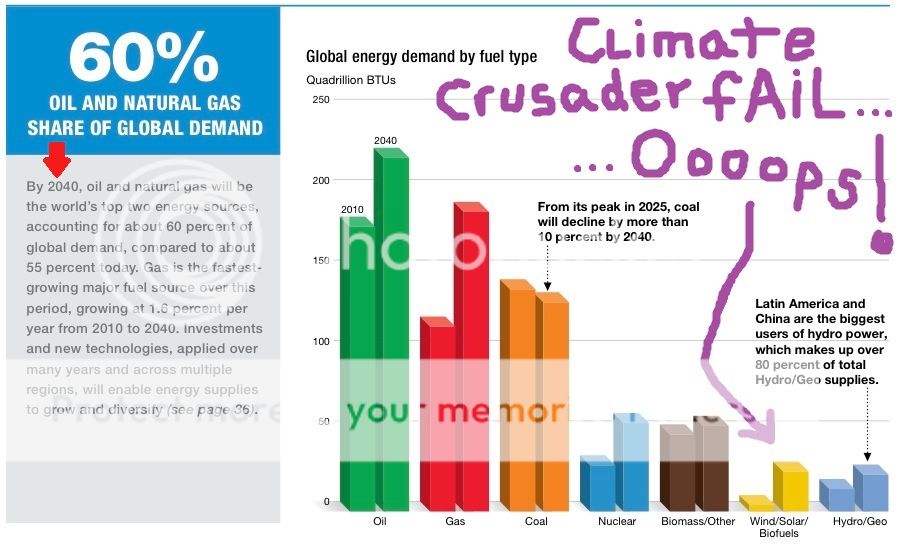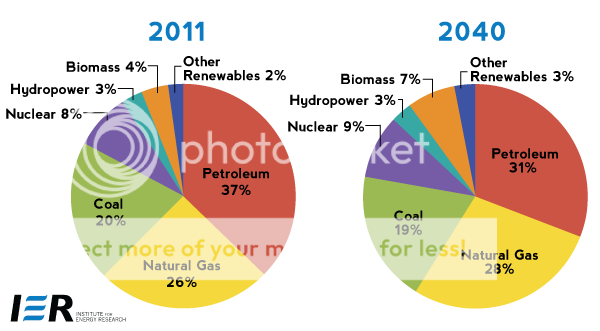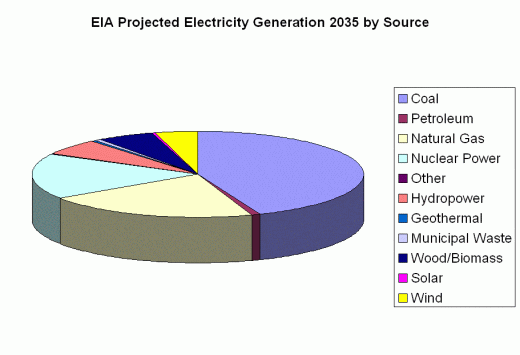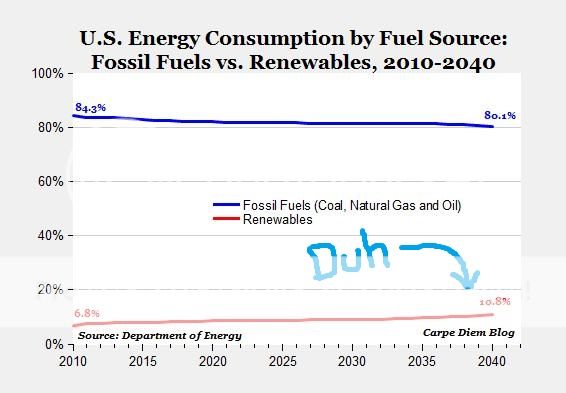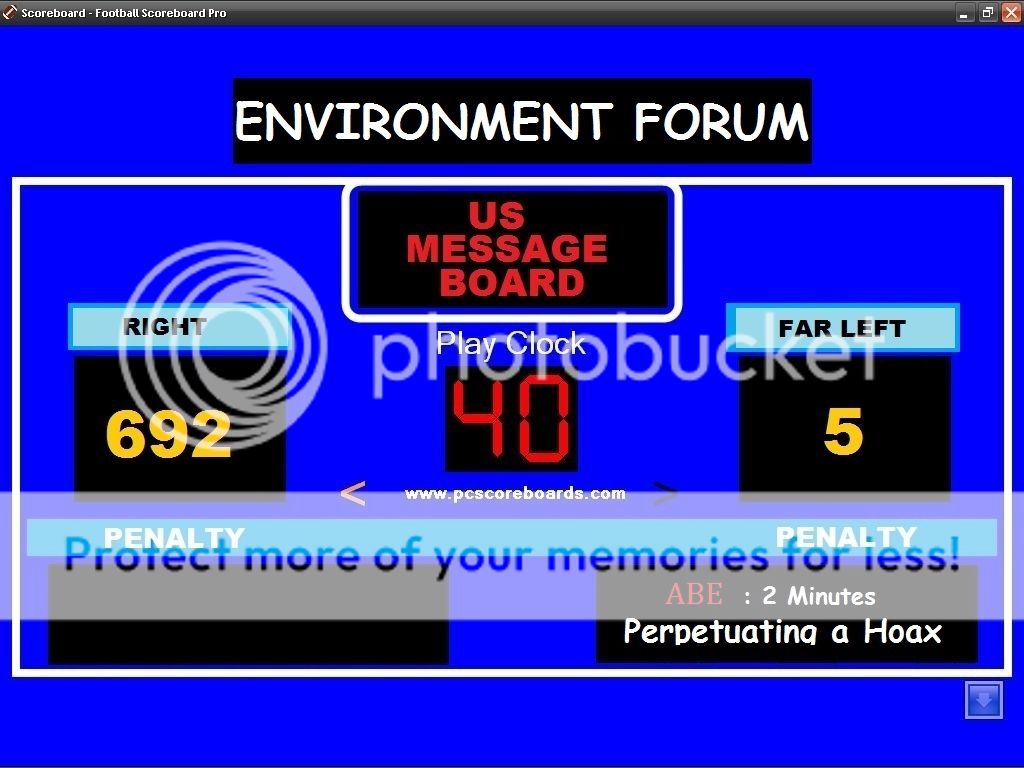Derideo_Te
Je Suis Charlie
- Mar 2, 2013
- 20,461
- 7,961
- 360
Ironic coming from someone who was completely wrong about his allegation that a "State Agency is claiming a Miracle happened".Except we have no alternate source to replace the coal plants unless we go nuclear which Obama is against also. He is pricing coal out of existence with no back up in sight. Anyone stuck with coal fired electricity will see a HUGE spike in prices.
As for this article it is a straight up lie. Germany is replacing their Nuclear plants with COAL fired plants not green ones. I linked to two of the stories.
Those new coal plants are replacing EXISTING less efficient COAL plants. They are effectively reducing coal emissions by 20%. They are not replacing the old nuclear plants. Those are being replaced by wind and solar power instead.
Wrong, as usual.
They are phasing out nuclear by 2022. The replacement is the coal plants. Hell they are building them in cities with green energy sources already, read the article. The problem is that in the winter solar is nearly useless. Germany is overcast most days in the winter I lived there in my youth. No solar generation in the winter.
Germany is a net exporter of energy. Your ignorance regarding solar power is palpable too.
Top 10 Solar Energy Myths
1. Solar panels do not work in cold, cloudy places/states.
UV light is all that's needed and even the cloudiest of places have excelled. Germany, who ranks low in sunny days, is the solar energy capital of the world. In fact, when the solar panels are cold, they are able to better conduct electricity.



